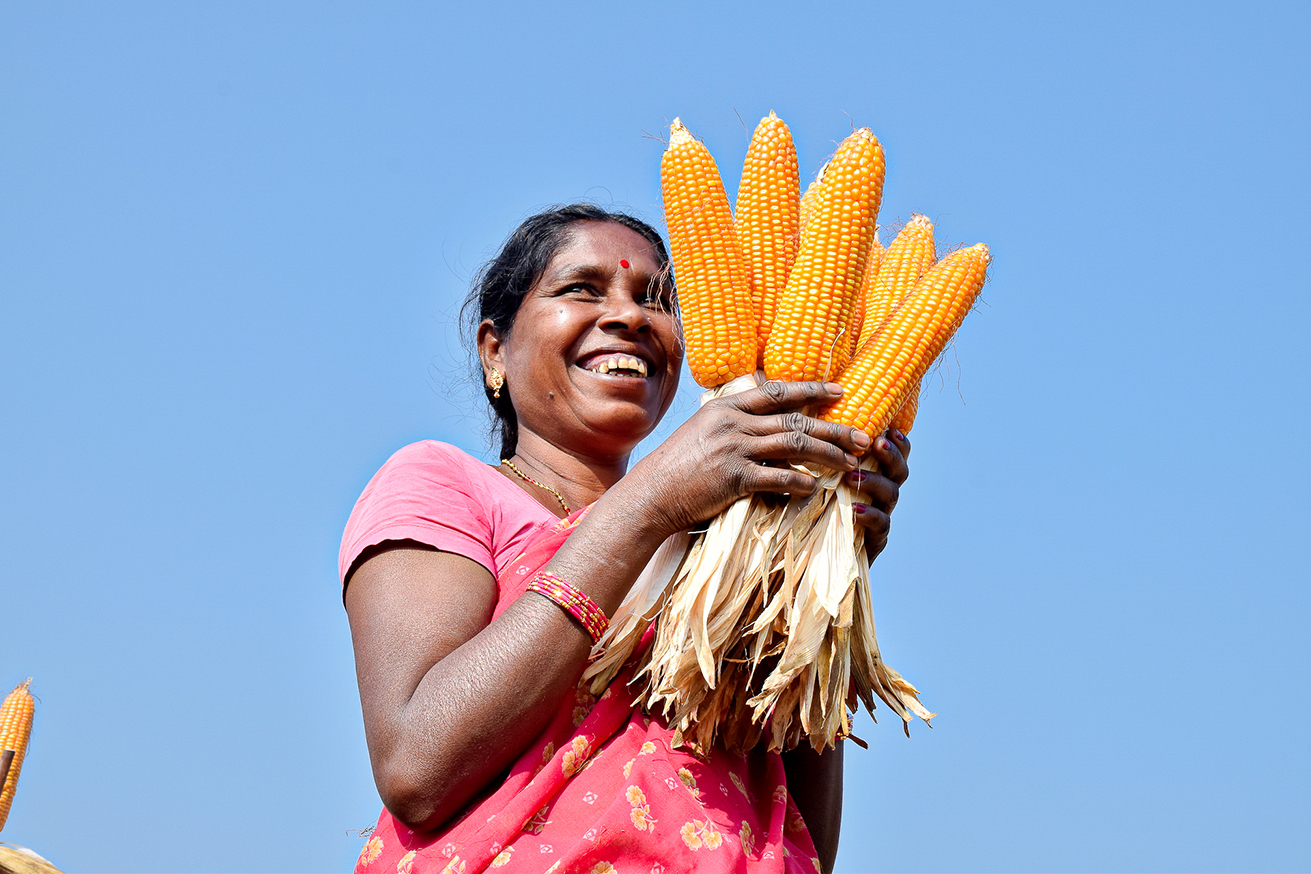From daily wage laborers to resilient farmers through food security

Whether as farmers, wage earners or entrepreneurs, women are the backbone of the rural economy, especially in developing countries. In addition to caring for their families and domestic chores, rural women are actively involved in producing food crops and looking after livestock. In regions like South Asia, where more than two thirds of employed women work in agriculture, they are the human link between the farm and the table.
And yet, despite being key drivers of growth and poverty reduction, their contribution to farming often remains unrecognized.
Over the last years, recognizing and promoting women’s value in countries like Bangladesh, India, and Nepal has triggered a significant change in the perception of women’s roles in agriculture. Once considered daily wage laborers, women working in the fields are now increasingly perceived as resilient and enterprising farmers, and as critical partners to improve family income and ensure food security in rural communities.
Through the Cereal Systems Initiative for South Asia (CSISA), CIMMYT has been at the forefront of empowering women in South Asia, strengthening their capacities and enhancing their economic and social status. In addition to training them on small-scale mechanization and key grain quality parameters, CIMMYT provided them with market access to agricultural value chains and fostered collaboration among women’s self-help groups, farmers’ producer groups, private seed companies, and other collectives.
Wheat-based systems in the Indo-Gangetic Plains are becoming increasingly ”feminized” as women take on more farm work, responsibilities, and decision-making roles. In Bangladesh, for instance, women’s participation in agriculture continues to increase as off-farm opportunities decline. In countries like Nepal and Pakistan, with men migrating for work, women are becoming de-facto heads of households and making more decisions around farming.
Even though some of these trends are common in many countries, avoiding generalizations is critical to ensure that feminization processes are positive forces in maize and wheat systems. Not only do social norms vary across borders, but intersectionalities between gender, caste, and other identities can strongly impact women’s meaningful participation in farming. A CIMMYT-published policy guidance, “Supporting labor and managerial feminization processes in wheat in the Indo-Gangetic Plains: A guidance note,” shines a brighter light on the role of women in wheat-based farming systems in the region and provides actionable recommendations to researchers, rural advisory services, development partners, and policymakers on how to support working communities more effectively and knowledgeably. Engaging with local partners, including women’s groups and NGOs, is also crucial to develop gender-transformative approaches that engage and benefit vulnerable and marginalized communities for lasting solutions.
This work would not have been possible without the support of our partners United States Agency for International Development (USAID), the Bill and Melinda Gates Foundation, the International Development Research Centre (IDRC), the CGIAR Gender Platform, and the CGIAR Research Program on Wheat (WHEAT).